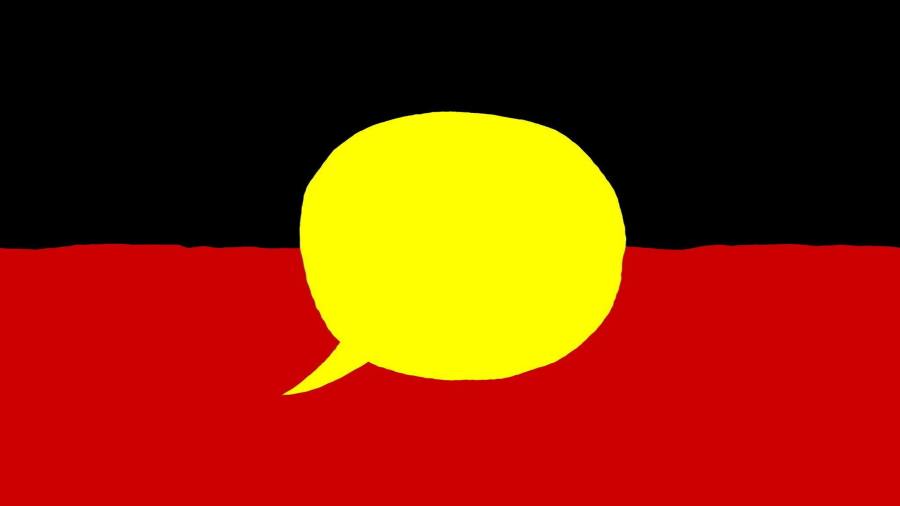
Receive free Australian politics updates
We’ll send you a myFT Daily Digest email rounding up the latest Australian politics news every morning.
The writer is the professor of Australian Indigenous Studies and associate provost at the University of Melbourne
The ancestors of present-day indigenous Australians arrived in northern Australia at least 65,000 years ago, according to archaeologists. In less than 230 years, these first peoples have been reduced to the most disadvantaged in the country.
Colonised by the British in 1788, we were almost eliminated by more than a century of brutal warfare that ended only in the 20th century. Our lands were taken and our children forcibly removed from their families under policies of assimilation aimed at destroying our cultures.
As a descendant of the Yiman people who were massacred in the hundreds over decades of conflict, I was raised in Queensland under racist laws. Now in my 70s, it is clear to me that the winds of change currently blowing across my continent are our last hope of surviving as the first peoples.
Later this year, Australians will be asked to vote in a referendum to alter the national constitution to recognise us as the first peoples by establishing an Aboriginal and Torres Strait Islander Voice. This would be an advisory body that could make representations on matters relating to first peoples of Australia to parliament and to the government.
Prime Minister Anthony Albanese has asked all Australians to “vote on the principle” of the Voice, which was proposed at a convention of indigenous leaders in 2017 in what is known as the Uluru Statement from the Heart. If approved by both a majority of voters and one of states, the composition, powers and procedures of the body will be legislated by parliament.
Much of all this is still to be decided but the body will not be able to make laws, just advise. It is about more than symbolic recognition though. It would also bring about meaningful change for Aboriginal and Torres Strait Islander peoples — giving them a formal say in policies and legislation that currently affect them in areas from housing to education. Politicians and government officials will undoubtedly make better decisions if the people in local communities, whose experiences those policymakers largely do not share, are able to have their voices heard.
This is crucial if we are to tackle the extreme and worsening disadvantages faced by a majority of indigenous Australians. Child mortality rates among this group are twice that of non-indigenous people. And while indigenous people make up about 3 per cent of all Australians, they account for 32 per cent of the prison population. Our unemployment rates are about three times the rate of non-indigenous people. A formalised, permanent say on government policies is key to achieving parity.
During the last half century, at least four federal indigenous consultative bodies have been established and then dismantled on political whims. With each election, the advances we make are swept away by new policy in which we have had no say. We need a better solution.
Indigenous people were specifically excluded from the 1901 version of the constitution which granted parliament the powers to make legislation for “the people of any race, other than the Aboriginal race in any state, for whom it is deemed necessary to make special laws”. In 1967, when a referendum finally gave indigenous Australians the right to vote, the prohibition on making laws for the “Aboriginal race” was removed. But it still allowed powers to make legislation for “the people of any race”. In effect, these were only aimed at indigenous people. So a key reason for the establishment of this new body is to give advice to parliament and the executive government so that they don’t use the “race power” to harm us.
Australians have not voted in a referendum for 24 years. Of the 44 referendums in our history, only eight have been carried. In 1999, the majority voted against the question of Australia becoming a Republic following a negative campaign by then prime minister John Howard.
This time around, similar tactics are being used. Opposition leader Peter Dutton of the Liberal party, who boycotted the landmark apology in parliament to the stolen generations of children in 2008 (he later apologised), claims that the proposal for a new advisory body will “re-racialise our nation” and create two classes of Australians based on “race”.
But the Voice will not give us a greater say than others. Quite the opposite. It will include us. By recognising Aboriginal and Torres Strait Islanders as the first peoples, we can work more effectively together to ensure that we thrive, rather than just survive. This is about reconciliation, not division.